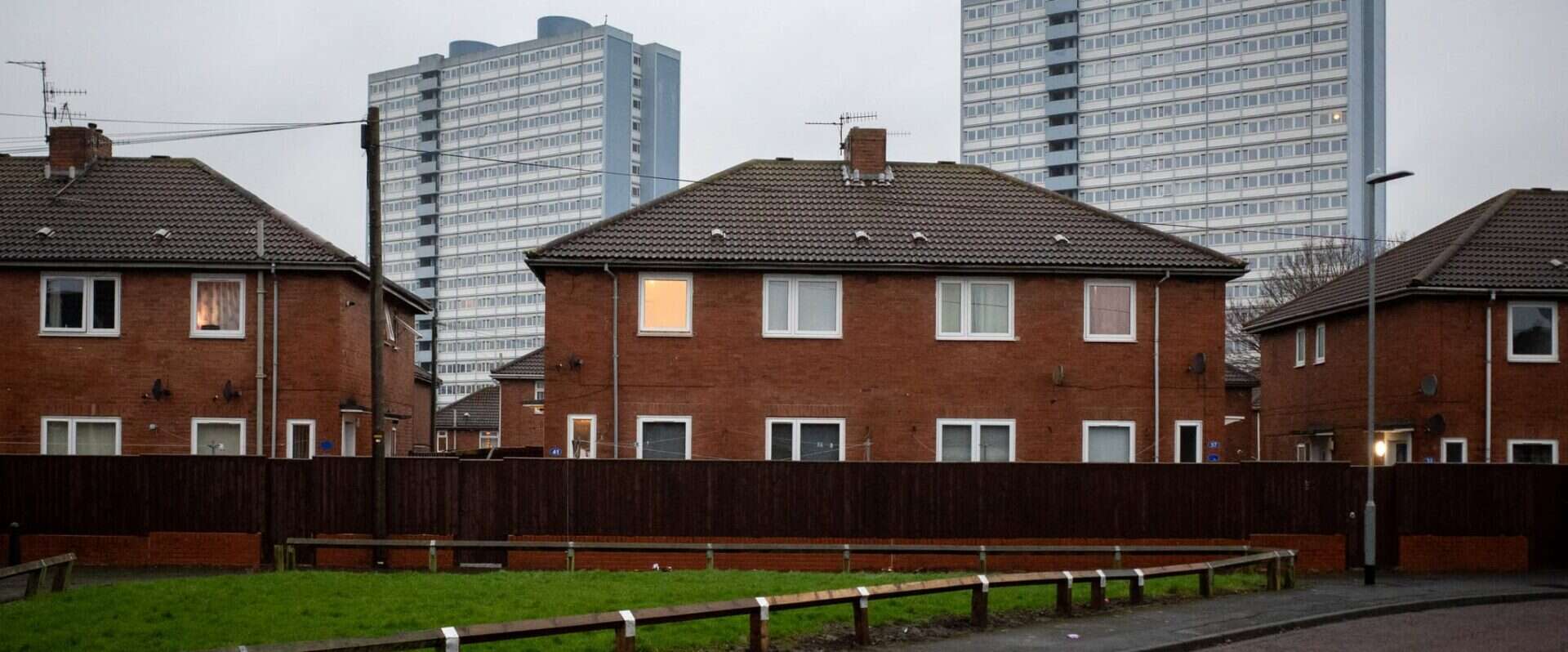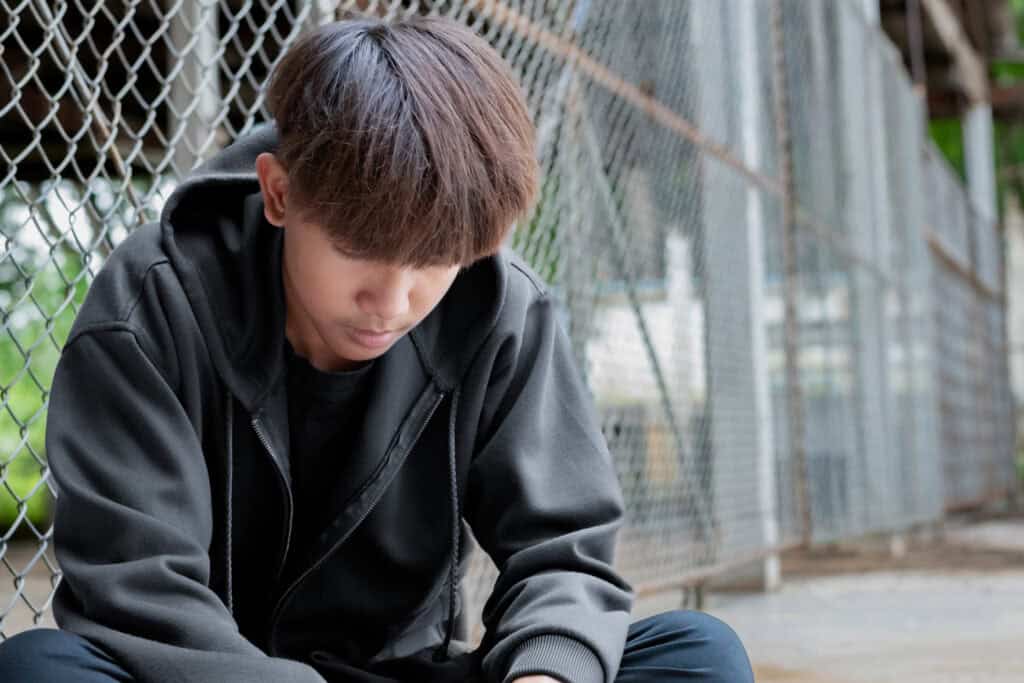What Is Cuckooing?
Cuckooing, or Home Takeovers, is a form of exploitation where criminal gangs take over the homes of vulnerable people, often those living alone, with disabilities, struggling with addiction, or mental health issues, and use the property as a base to store, deal, or manufacture drugs.
Like the cuckoo bird, which lays its eggs in another bird’s nest, gangs infiltrate homes under the guise of friendship or support, only to trap occupants in a cycle of fear and control. Victims may be threatened, assaulted, or coerced into silence, allowing the gang to use their home any way they see fit.
The practice of Cuckooing is commonly seen as a tool for the County Lines gangs.
Who Is at Risk?
Cuckooing targets those who are already vulnerable. Common vulnerabilities include:
- Living alone, isolated from family and services
- History of or exiting substance use
- People living in social housing
- Mental or physical health conditions
- Existing debts or isolation from family and services
Cuckooing can happen to anyone. But it thrives where trust is exploited, and support is lacking.
The Impact of Cuckooing
On Individuals
- Severe mental and emotional trauma
- Exposure to violence, abuse, and threats
- Loss of control over their home
- Increased risk of eviction or criminal charges
On Communities
- Increased drug activity and anti-social behaviour
- Fear and tension among neighbours
- Reduced trust in local housing and social services
How St Giles Trust Is Making a Difference
We work with victims of cuckooing and those at risk of exploitation, offering non-judgmental, trauma-informed support.
- We welcome the new bill Crime and Policing bill, focused on cuckooing while ensuring victims are recognised and supported.
- By providing specialist support, housing advocacy, and training for professionals, we’re protecting the most vulnerable and restoring safety to communities across the UK.
- By working closely with victims to develop a better understanding of the root causes and work to resolve the wider issues long term.
Recognising the Signs of Cuckooing
- Unusual visitors at all hours
- A sudden change in someone’s routine or behaviour
- Signs of drug use or dealing from a property
- The occupant seeming fearful, anxious, or secretive
- Unexplained damage or mess in the home
While none of the above are exclusive to cuckooing or exploitation. If something doesn’t feel right, it’s worth reporting for the individual's safety.
Why Everyone Should Care
Home Takeovers are often hidden in plain sight. Many victims feeling too ashamed or scared to speak out. Others don’t even realise they are being exploited.
Raising awareness of cuckooing is essential to ending it. When we understand the signs, we can take action sooner - and protect those most at risk.


